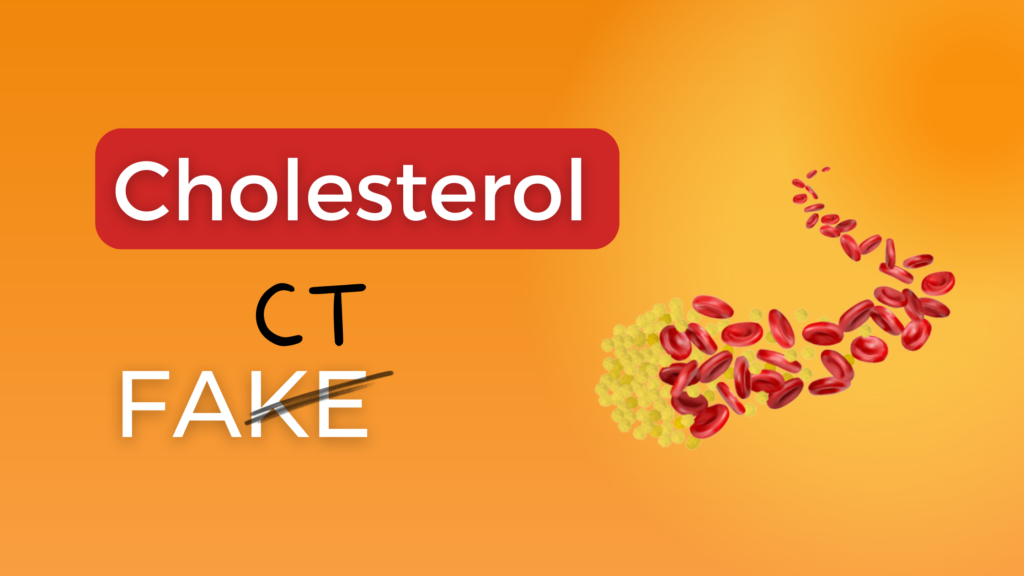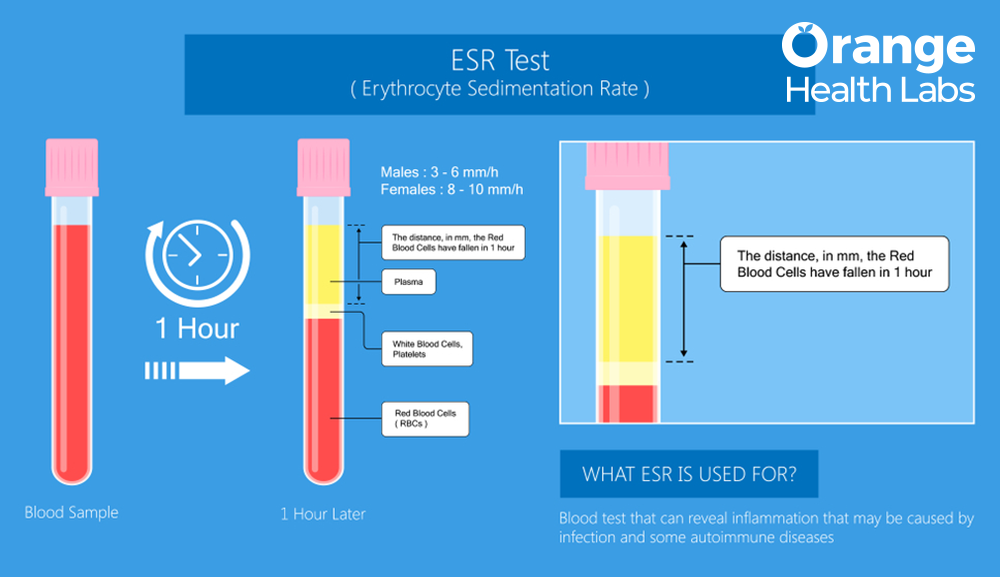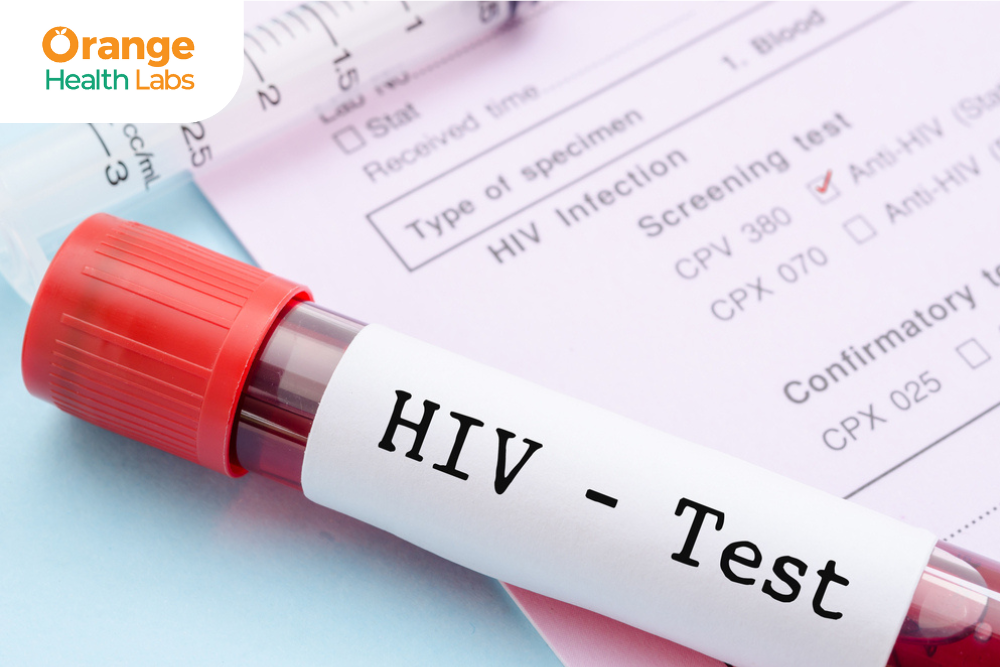Search for tests or checkups
SupportThe Impact of Stress on Health: Insights From Full Body Checkups

In today's busy life, we often face tough challenges that require a lot of energy and effort, both physically and mentally. However, many of us are unaware that stressful situations can harm our health by causing an imbalance in our nervous and hormonal systems. A study evaluating the relation between health problems and stress among people with taxing work lives concluded that about 56% experienced musculoskeletal problems, 22% were newly diagnosed with high blood pressure, and 10% with diabetes. Additionally, 36% had high cholesterol, and 40% were obese. Mental health was also affected in these individuals, with 54% reporting depression, anxiety, or sleep issues. Those who feel more stressed were found to be at a greater risk of developing conditions like diabetes, high blood pressure, and high cholesterol. Given the ongoing stress in life, prioritizing health through regular full body checkups is crucial. Finding issues early helps you and your doctor come up with plans to fix things before they get worse.
Understanding Stress and Its Impact
According to the World Health Organization, stress can feel overwhelming, affecting our ability to relax and bringing a wave of emotions like anxiety and irritability. It makes focusing hard, causing headaches, stomach troubles, and sleep disturbances. Chronic stress can worsen health problems and may lead to increased substance use. In India, around 15% of people deal with different types of mental health problems, including substance use issues for drugs or alcohol, despite being aware of their side effects. Today mental stress has been recognised as a primary factor in various health issues like heart attack, stroke, depression, and immunological disorders. Studies have shown that consistent stress can change how your brain chemicals and specific areas, sometimes even changing the brain's structure. Therefore, recognising stress early is crucial to staying healthy and reducing the chances of long-term brain damage.
Comprehensive Stress Screening in Full Body Checkups
Feeling frequently anxious, irritable or unable to relax could indicate that you’re stressed. While a little stress in our day-to-day life isn’t abnormal, being continuously stressed can make it hard to concentrate, leading to headaches, stomach aches, sleep issues, and even changes in appetite. Research shows that constant stress leads to high levels of cholesterol, triglycerides, sugar, and blood pressure, putting you at risk for heart disease. That's why it's important to get regular checkups that include tests like lipid panel tests to catch these problems early and take care of your health, especially when life feels stressful.
A lipid panel is a blood test that checks the levels of fats, like cholesterol and triglycerides, in your blood. For each of the four commonly conducted tests in a lipid panel, the ideal level is as follows:
- Total cholesterol <200 mg/dL.
- High-density lipoprotein (HDL) cholesterol >60 mg/dL.
- Low-density lipoprotein (LDL) cholesterol <100 mg/dL (for individuals with diabetes <70 mg/dL is preferred).
- Triglycerides <150 mg/dL
If your test results are too high or too low compared to the ideal range, it could mean you're at risk for heart problems.
Key Indicators Checked in Full Body Health Checkups
Physical tests to diagnose stress typically involve measuring biomarkers associated with the body's stress response. These can include:
- Cortisol levels: Cortisol is a chemical released during stress. Blood, saliva, or urine tests can measure cortisol levels to assess stress levels over time. Increased cortisol level indicates that you might be too stressed.
- Blood pressure: Elevated blood pressure is a common physiological response to stress.
- Heart rate variability (HRV): HRV measures changes in time intervals between two heartbeats, which can reflect the body's ability to manage stress. Stress can affect heart rate variability by making it less consistent or regular, which might indicate increased strain on the heart and potential health risks. Electrocardiogram (ECG) tests may be used for this purpose.
- Inflammatory markers: Persistent stress could lead to higher levels of certain chemicals in the body linked to inflammation. Blood tests measure markers like C-reactive protein (CRP) or interleukin-6 (IL-6) to assess inflammation levels.
- Immune function: Chronic stress can weaken the immune system and cause an increase in red blood cells (RBCs), neutrophils (a type of white blood cell), and platelets. Blood tests may measure white blood cell counts or immune markers as well to evaluate immune function.
You may need further testing as blood tests alone may not be able to diagnose the health problem you’re facing.
Book a full body checkup in your city: Full Body Checkup in Noida | Full Body Checkup in Bangalore | Full Body Checkup in Mumbai | Full Body Checkup in Hyderabad | Full Body Checkup in Gurgaon | Full Body Checkup in Faridabad | Full Body Checkup in Delhi
Benefits of Early Stress Detection
Stress impacts mood, well-being, behavior, and health. While acute stress responses are generally manageable in young and healthy individuals, prolonged stress, especially in older or unwell individuals, can harm health. Recognising stress early provides the opportunity for timely support and care, lowering the risk of physical as well as mental health issues like anxiety and depression. Moreover, catching it early allows for positive steps to lessen the risks of heart-related problems linked to prolonged stress, such as high blood pressure and heart disease.
Here are a few preventive measures for stress management and overall well-being:
- Learn to Relax: Take time to unwind with relaxation practices like deep breathing, meditation, or mindfulness. Stick to a daily routine to make the most of your time and feel more organized. Plan regular times for meals, spending time with family, exercising, doing chores, and enjoying hobbies.
- Lean on Others: Surround yourself with supportive friends, family, or groups who can provide comfort and strength during tough times. Building strong social connections is crucial for your mental well-being.
- Manage Your Time: Learn to manage your time effectively and set realistic goals to reduce stress and feelings of overwhelm.
- Move Your Body: Activities like walking, jogging, or yoga help ease stress and boost your overall mood. Try to aim for at least 150 minutes of moderate exercise each week.
- Eat Well: Fill your plate with plenty of fruits, veggies, whole grains, and lean proteins to support your mental and physical health.
- Get Enough Sleep: Make sleep a priority by practicing good sleep habits and aiming for 79 hours of shut-eye each night.
A little stress in life is inevitable. However, you can effectively manage your stress with just a few changes to your lifestyle.
Introduction to Health Checkup Packages
In today's fast-paced world, where stress is widespread, prioritizing health becomes paramount. Recognising the unpredictability of illnesses and emergencies, regular health check-ups are crucial for early detection and prevention. A variety of comprehensive checkup packages include tests for heart health, such as cholesterol levels and heart risk markers to make sure your heart is healthy. Avail of these health packages for a healthy heart and healthy life.
Conclusion:
In closing, let's remember that our well-being is a precious gift worth cherishing. By embracing regular full body check-ups and incorporating stress management practices into our lives, we're nurturing our bodies and minds with the care they deserve. With compassion and determination, let's prioritize our health journey, knowing that each step we take brings us closer to a brighter, more vibrant future.

Understand Cholesterol – Fake or Fact?

High Erythrocyte Sedimentation Rate (ESR): Unraveling Causes, Symptoms, and Significance
